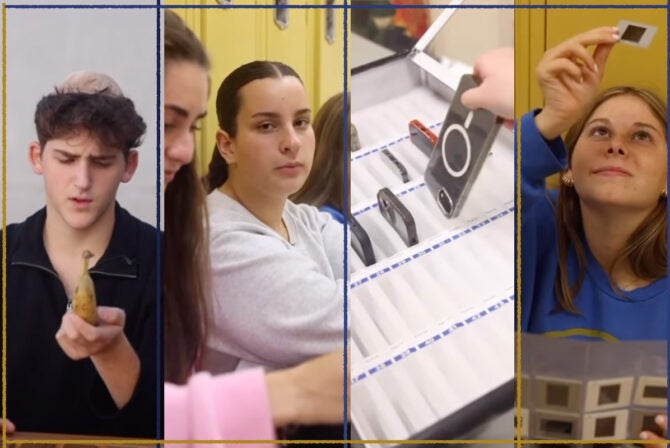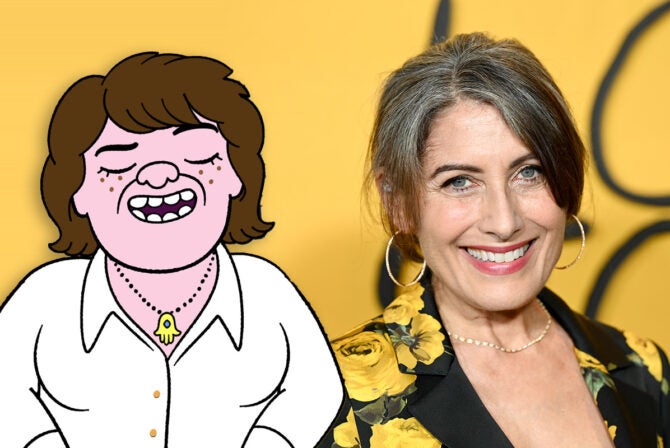As part of my son’s preparation for his upcoming bar mitzvah, he needed to pick a mitzvah project. After much thought, we decided together that he would participate in the Twin with a Survivor Program. The Holocaust Council of Greater MetroWest runs the program, which matches adolescents with survivors of the Holocaust. Each young adult meets with an individual survivor who shares his or her personal account of what happened during the Holocaust.
My husband and I joined our son for his four meetings with the survivor, a 94-year-old woman. My son only knew a little bit about the Holocaust before he met her. It had been discussed in his social class and at Hebrew school. She suggested that he watch “Schindler’s List” to get a better understanding of the Holocaust. The three of us watched it together. I am embarrassed to say that neither my husband nor I had watched it before. Combined with hearing directly from a survivor about her experience, the movie was even more powerful.
The survivor told us about her early life and then about being forced to move to the Jewish ghetto. From there she was moved to not one but five different concentration camps. She lost her mother, father, and beloved brother during the Holocaust. She gave up hope, and she lost her will to live. In fact, she told us she was on line to be killed and was ready to die when the U.S. army liberated the camp she was in.
Her story of perseverance and determination continued as she was nursed back to health and then had to go on with her life having lost her whole family. She went to school, became a nurse, immigrated to the United States, and married another Holocaust survivor.
Many of the stories she chose to share were difficult to take. But she felt it was very important that our son hear exactly what happened. It was very upsetting for us as adults, and I worried about how hearing these stories of death and torture would affect my son. But he seemed to not fully grasp the horrific details she was sharing, which was probably for the best.
What my son did understand was that this woman had withstood a great deal of pain. She had lost her family and he could really empathize with that. By listening to her story, he now has a better understanding of what the Jewish people went through during the Holocaust, and it is something he will never forget.
By meeting with the survivor along with our son, my husband and I were able to all learn together. It was his project, but the three of us were all a part of it. My husband, who grew up Catholic and converted to Judaism several years ago, was extremely moved by the experience. Not growing up Jewish, he didn’t hear stories in his home about the Holocaust. It made him appreciate the history and the strength of the people he has become a part of.
Once the four meetings were completed, my son was asked to write a report on what he had learned. He had to send the report to the Holocaust council and also give a copy to the woman he had met. She read the report and was impressed with how well he was able to tell the story. He will also talk about her during his bar mitzvah speech, and we are pleased that she will be attending the service.
It was definitely a tough and emotional mitzvah project. It might not be a good program for all children, so I would encourage parents to really think about their child’s personality and whether they could emotionally handle hearing these stories. But if they can participate, it is a very important project. The survivors of the Holocaust are getting older. There is a limited time for young people to be able to hear about the survivors’ stories directly from them and be able to recount these stories so that no one ever forgets.
Read More:
New Jersey Jewish Community Organizations
New Jersey Jewish Day Camps & Overnight Camps







